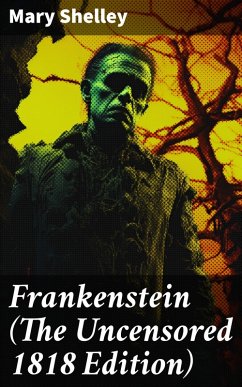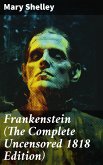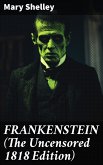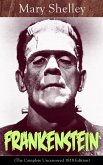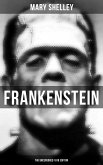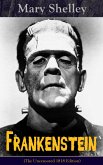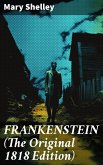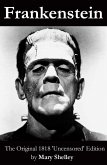In the groundbreaking 1818 edition of "Frankenstein," Mary Shelley weaves a complex narrative that explores the boundaries of human ambition, the ethical implications of scientific advancement, and the quest for identity in a rapidly changing world. Adopting a unique epistolary style, Shelley utilizes letters and multiple perspectives to enrich her exploration of the creature's existential struggles and the tragic consequences of Victor Frankenstein's hubris. Set against the backdrop of the Enlightenment and the burgeoning Romantic Movement, the novel interrogates the dualities of creation and destruction, human connection and isolation. Mary Shelley, often heralded as the mother of science fiction, began writing "Frankenstein" at a remarkably young age, inspired by her personal losses and her profound encounters with intellectual contemporaries like Lord Byron and Percy Bysshe Shelley. Her experiences with loss, maternal grief, and the questions surrounding life and death profoundly shaped her narrative, as did the philosophical discourse of her time, which questioned the morality of scientific exploration and the nature of humanity. "Frankenstein" remains a timeless meditation on the perils of unchecked ambition and the quest for belonging. This uncensored 1818 edition invites both new and seasoned readers to grapple with Shelley's unsettling questions about creation, responsibility, and the monstrous within us all.
Dieser Download kann aus rechtlichen Gründen nur mit Rechnungsadresse in A, B, BG, CY, CZ, D, DK, EW, E, FIN, F, GR, H, IRL, I, LT, L, LR, M, NL, PL, P, R, S, SLO, SK ausgeliefert werden.

